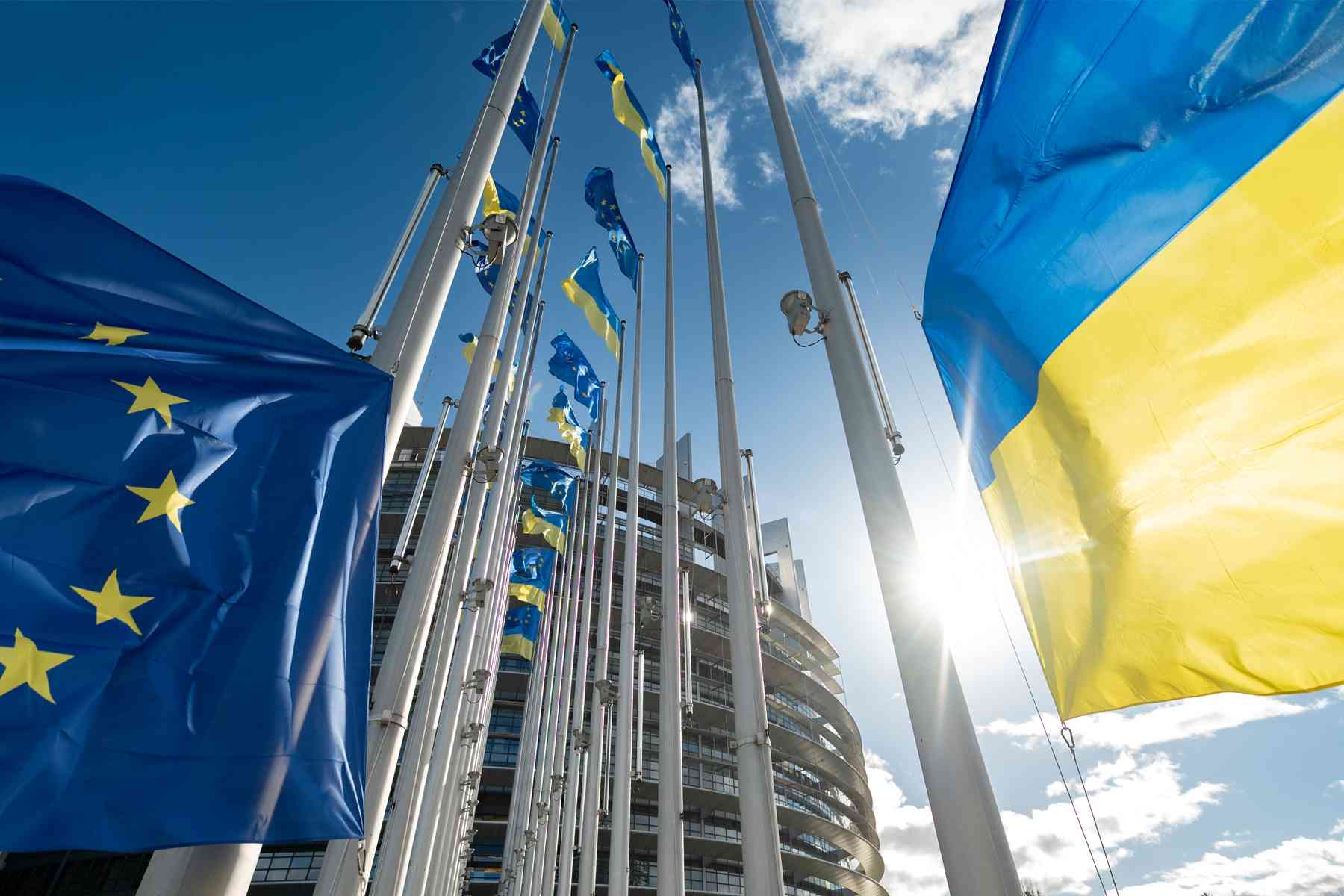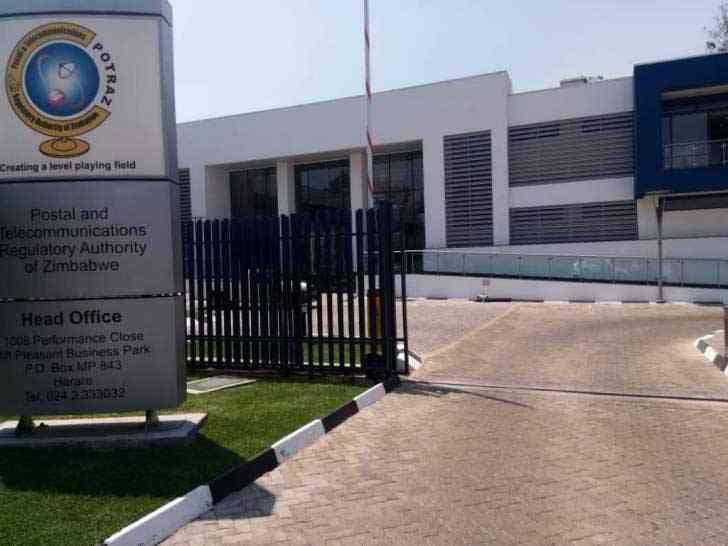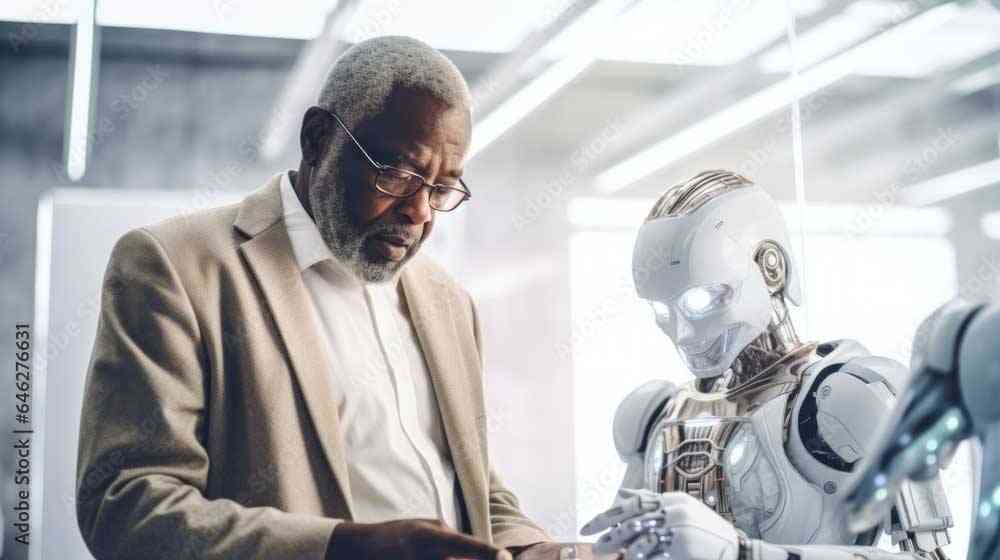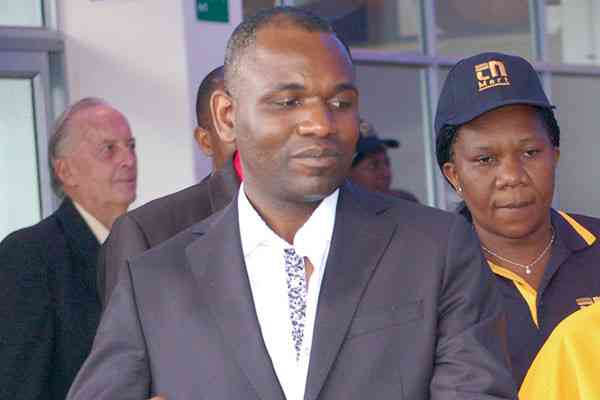
UKRAINE was laid out on the glossy conference table in Riyadh on Tuesday, not to be dissected on this occasion, but rather for an initial inspection by the Americans and Russians, who have reserved the carving knives for future use.
No Ukrainians were present for these opening discussions on the country’s fate, or for the lunch of whole lamb and “symphony of scallops”, nor was anyone there representing the rest of the European continent.
Whether they will be given a seat at the table before lines are drawn is far from clear. For now, they must wonder if they are among the “irritants” in United States-Russia relations referred to by the US state department.
The US national security adviser, Michael Waltz, insisted the Ukrainians and Europeans had been — and would be — regularly consulted in their absence.
The secretary of state, Marco Rubio, said any agreement about Ukraine would have to be acceptable to “everyone involved”.
Rubio is the most traditional foreign policy Republican in the Trump team, and he seemed anxious throughout. Notably, the former Florida senator did not repeat pledges he had made two days earlier in Jerusalem, that Ukraine and Europe would have to be at the table for any substantive talks, and that a settlement would respect Ukrainian sovereignty.
When asked in Riyadh on Tuesday about Kyiv and Europe’s sense of being sidelined, the secretary of state retorted that “the world should be thanking President (Donald) Trump” for getting the peace process this far.
In a press briefing after the meeting with the Russian foreign minister, Sergei Lavrov, Rubio and Waltz repeated the same mantra eight times between them, that President Trump was the only person capable of leading the way to a peace deal.
Altogether, they invoked Trump’s name 18 times, fearful perhaps that they might end up on the White House television in a clip in which the president was not mentioned.
Rubio insisted that any enduring peace deal would have to be acceptable to the warring sides, but Trump’s rhetoric thus far raises questions over whether he shares that outlook. He has raised the prospect that ultimately, once everything has been said and done, Ukraine could end up being Russian.
The culmination of the Riyadh process, the US delegation made clear, will be a summit encounter between Donald Trump and Vladimir Putin, two leaders who share an imperial bent that leans towards great power spheres of influence.
It will not be the first time superpowers meet in the Middle East to divide a European state. The Tehran Conference in 1943 put a line right through eastern Europe.
In Riyadh, Trump will take the Roosevelt role and Putin will play Stalin. It is long past the time when there was a place for a Churchill. Britain has joined the anxious European voices a long way offstage.
To the Ukrainians, and many Europeans, this does not feel like Tehran. They fear a new Munich, with the gilded chambers and acres of polished marble of the Diriyah Palace auditioning for the role of a latter-day Führerbau, the venue in September 1938 for the betrayal and carve-up of Czechoslovakia.
In Munich, the Czechoslovak delegation was kept in an adjoining room to await details of when and how they would surrender the Sudetenland to Hitler.
On Tuesday, the Ukrainians were not even in the same country.
Volodymyr Zelenskyy was nervously waiting for news in Turkey. He is due in Saudi Arabia next month to be briefed by the royal court and make his feelings clear.
As the chairs were being put away and the floors mopped in the Diriyah Palace, a new paradigm seemed to be coming into focus, one that was familiar from the 19th century and the cold war: great powers will make the decisions, while lesser states will anxiously wait for the big boys’ meetings to finish, and then call Riyadh to find out what has been decided.
In this back-to-the-future world, Russia is fully restored to the top table, its status assured by the size of its nuclear arsenal.
Lavrov was delighted with the outcome of Tuesday’s meeting, noting the two sides “did not just listen to each other, but heard each other”.
He predicted that follow-on talks would begin “as soon as possible”.
All involved had fulsome thanks for the hosts. Riyadh’s advantage as a venue is the zero risk of protests.
The Diriyah Palace is close to the Ritz Carlton, where many of the kingdom’s princes and other potential rivals were detained and beaten when Crown Prince Mohammed bin Salman seized a monopoly of power in 2017.
As a broker to the Ukraine and Israel-Palestinian talks, the prince has come a long way from his spell as a pariah after the 2018 murder and dismemberment of the dissident and journalist Jamal Khashoggi in the Saudi consulate in Istanbul — a murder US intelligence concluded was approved by the crown prince.
Bin Salman emerged on Tuesday as the consigliere and hotelier to the mighty, there as a facilitator rather than dealmaker, but very much on the inside, unlike Europe.
In the age of Trump, the Gulf monarchy takes precedence above Washington’s old democratic allies, even in European matters.











